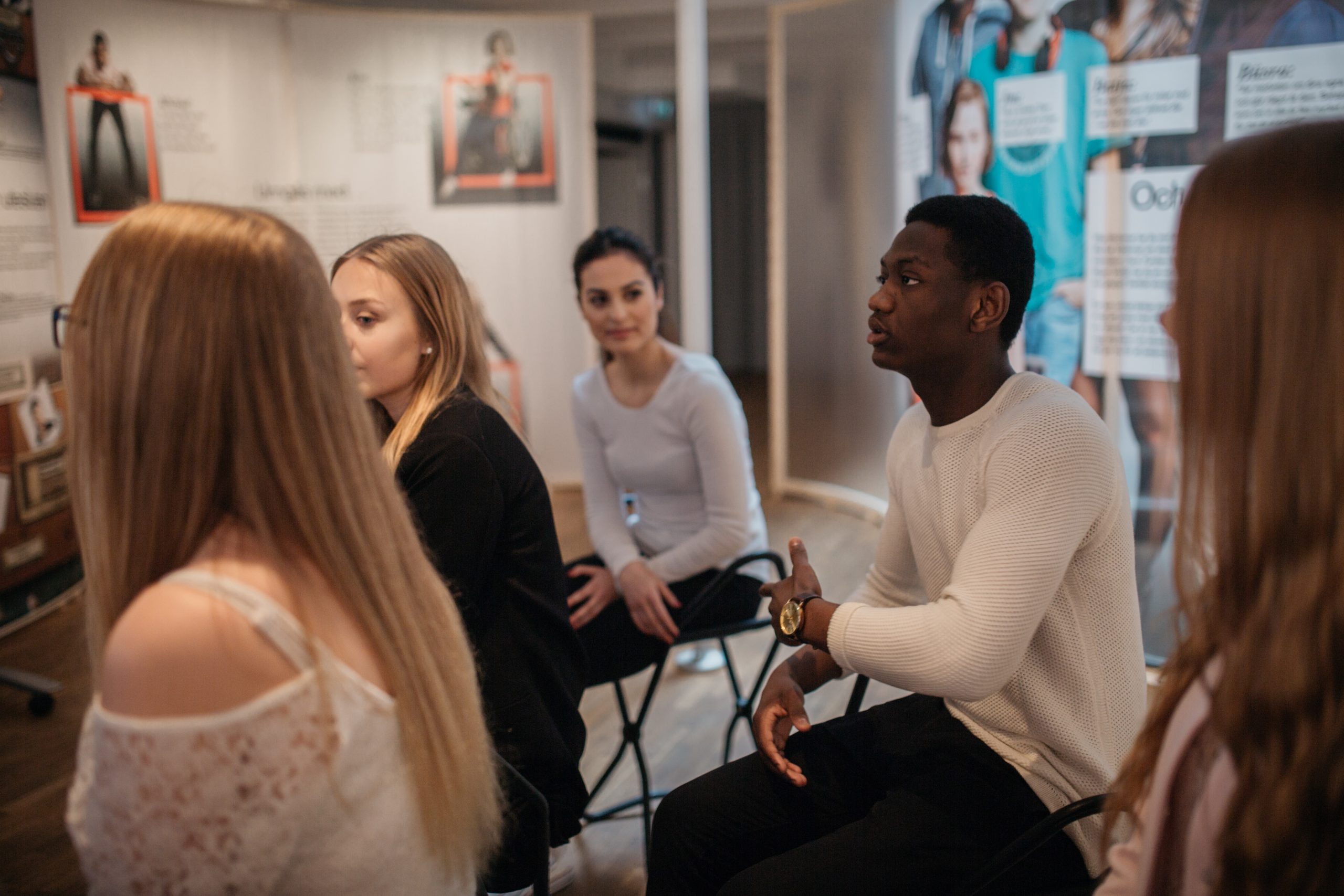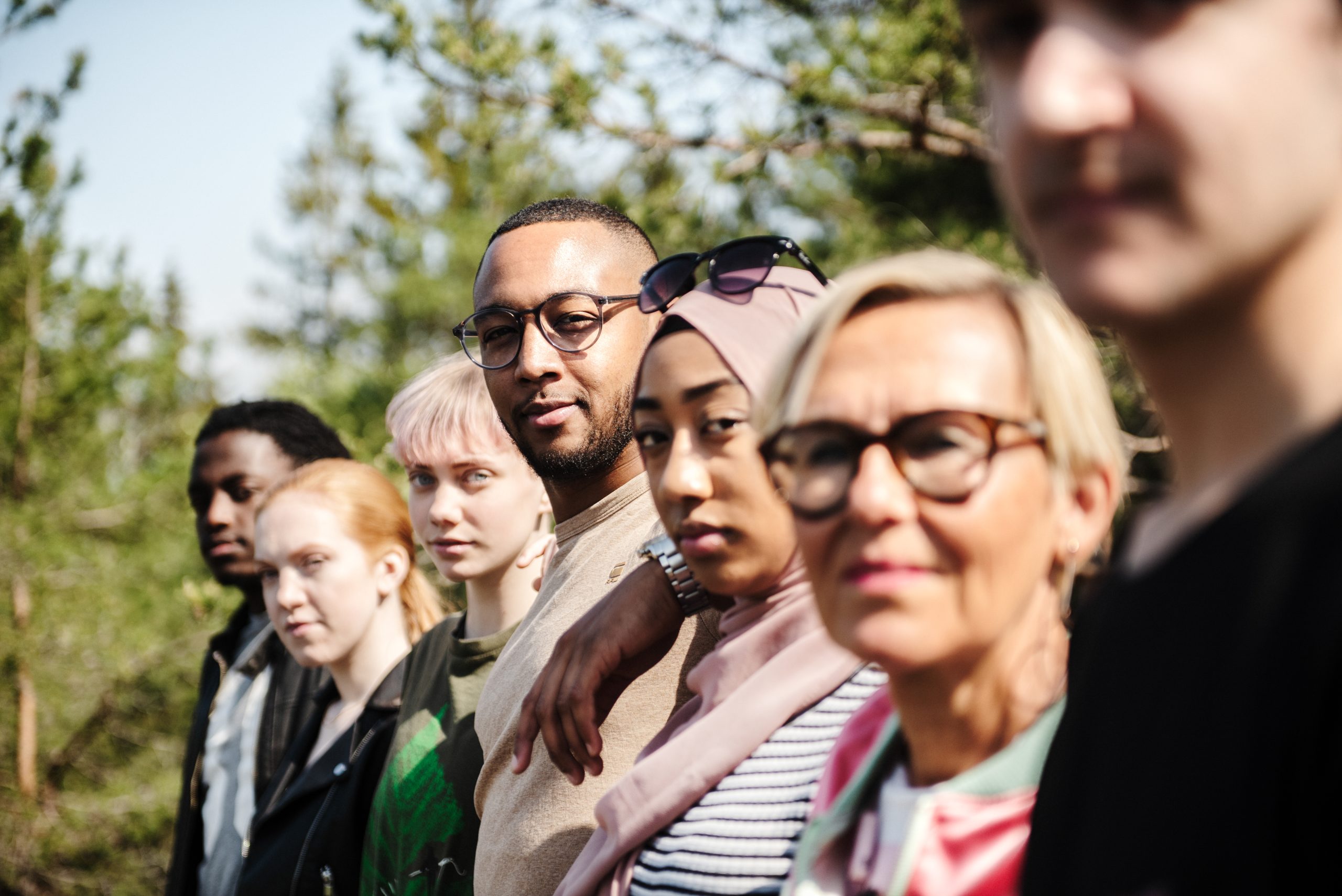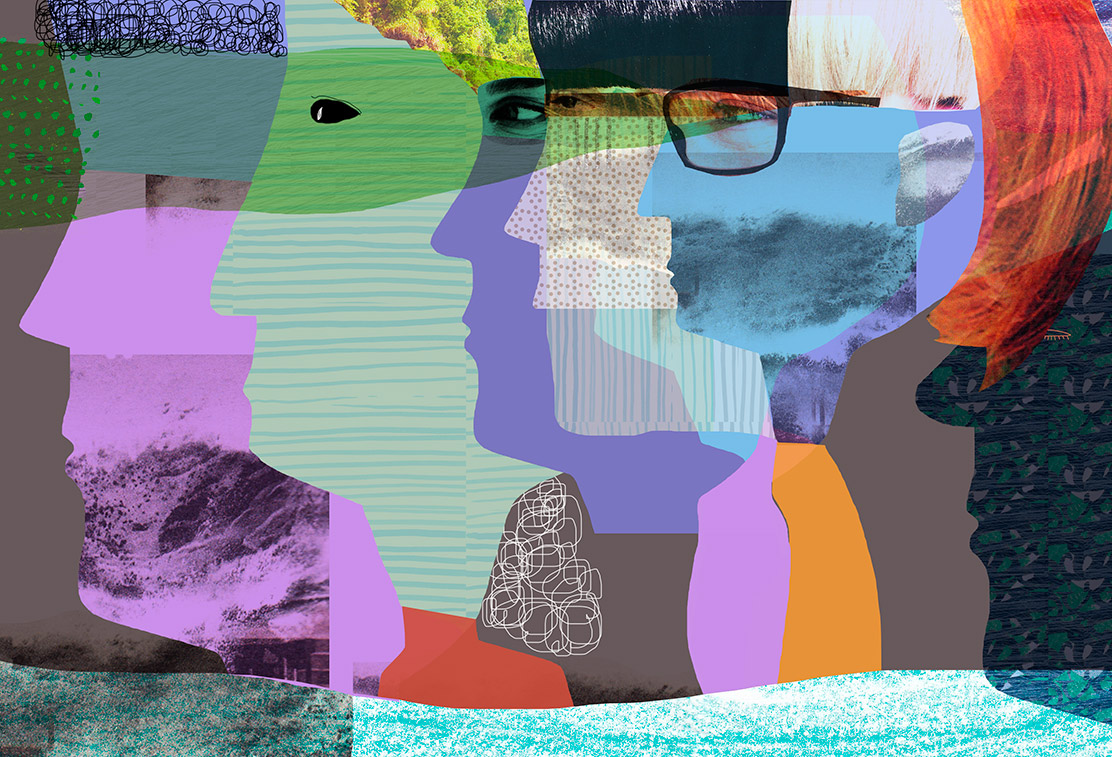Perceptions of the Holocaust
This is a study of how adult Swedes perceives the Holocaust and the significance they attribute to it.
Author
Oscar Österberg, Ph D, 2019
Summary
The purpose of this report is to provide a picture of how people living in Sweden understand and perceive the Holocaust. The investigation is guided by five overarching questions. The first question concerns the notion of the Holocaust and focuses on what people in Sweden ascribe as being its content. Linked to this are perceptions about who the victims of the Holocaust were and who bore responsibility.
Asked to briefly describe what the Holocaust was, the majority of respondents have a tendency to link the concept to the persecution and murder of Jews. Many also associate it with Nazism and with the Second World War but the central statements at the core of the descriptions are the event and the victims. In principle, the answer provided by all respondents to the direct question regarding who the victims were, is the Jews.
However, there is a dividing line between those who only mention Jews as victims of the Holocaust and those who also indicate one or more groups. The latter group of respondents is slightly larger than the former. Along with Jews, Roma, homosexuals and disabled people are most frequently mentioned as victims of the Holocaust. The absolute majority of respondents named the Nazis and Nazism and sometimes in combination with Germany/Germans in response to the question regarding who was responsible.
A smaller group mentions only Hitler and a group of approximately the same size mentions only Germany or the Germans. Very few extend the question of responsibility to include other groups such as those who were allies or collaborators with Nazi Germany.
The second question addresses the frequently occurring claim that knowledge of the Holocaust is important to the prevention of something similar happening again. An absolute majority of respondents - 95 per cent in an older panel of respondents aged 18–79 and 92 per cent in a younger panel with respondents aged 14–18 years - agree with this.
The third question is similar to the second and applies in the event that people consider knowledge of the Holocaust as important for understanding what racism and prejudice can lead to. The majority of people consider this to be the case here as well. In the older age group panel, 94 per cent of the respondents agreed with this statement and 91 per cent of the younger aged group panel did the same.
The fourth question addresses personal beliefs about the Holocaust. Here, the results show that the majority of respondents associate a personal significance with the Holocaust. More than 90 per cent of the respondents in the older aged group panel and around 90 per cent of those in the younger age group panel disagree with different statements about the Holocaust being meaningless or uninteresting to them. The absolute majority also rejects the claim that there could be too much talk about Nazism and the execution of Jews. The investigation also indicates that more than 97 per cent of the respondents say they are sure that the Holocaust took place, with only 0.7–1 per cent responding that they are not sure.
Finally, the question is asked about the sources from which people resident in Sweden think they have obtained their knowledge of the Holocaust. As the investigation shows, the respondents believe they have obtained knowledge through a variety of sources but school education and film occur particularly frequently in the responses.
However, there is a clear dividing line in terms of use of the internet as a source of information. It is mainly the younger respondents who state that they have obtained knowledge from the internet.
The answers are related to different background factors. Thus, it can be stated that gender affiliation appears to be of significance. In the investigation, male respondents answer that they are very interested in history and politics to a far greater extent than females. Males also state to a greater extent than females, that they have learned about the genocide of Armenians in the Ottoman Empire, Cambodia under the Khmer Rouge, the atrocities in Bosnia in the 1990s and the Holodomor in the Soviet Union in the 1930s. To a greater extent than female respondents, males can identify the subjects in a photograph showing the entrance to Auschwitz I, as well as indicating a tendency to respond to a greater extent that they have obtained knowledge about the Holocaust from the internet. However, they state that they have read books about the Holocaust to a lesser extent than females.
The female respondents describe themselves as being a lot more interested in issues related to human rights than the males. A significantly larger proportion of women respond that they have read the diary of Anne Frank and they also tend to more often correctly identify a photograph of Anne Frank. It is also a larger proportion of female respondents who respond with phrases that they have read Tell Ye Your Children and to a greater extent than men, women also report that they have listened to survivors talking about their experiences.
Asked to mention victims of the Holocaust, women also tend to mention Roma, homosexuals and disabled people to a greater extent than the male respondents. There is also a larger proportion of women who responded with “strongly agree” when considering different statements about the importance of knowledge on the Holocaust.
However, the really interesting difference is in the answers to the question regarding who bore responsibility for the Holocaust. Here, women tend to mention Hitler to a much greater extent, either alone or with others. However, it is difficult to find an explanation for this tendency, which remains statistically significant under control for other background variables.
There are also clear differences in the material with regard to age. Compared to younger respondents, older respondents tend to report a greater interest in history, politics and human rights issues. People who have reached the age of 50 state to a greater extent than others, that they have knowledge of crimes against humanity in Cambodia under the Khmer Rouge and about the atrocities in Bosnia in the 1990s. A larger proportion of the older respondents than the younger respondents have read the diary of Anne Frank and The Emperor of Lies. With regard to Tell Ye Your Children, people aged between 27-37 tend to say that they have read this book to a greater extent than others, which is interesting because it seems to indicate that the public information campaign ‘Levande Historia’ actually reached its intended target audience. There also seems to be a similar “generational effect” with regard to the characteristic of having seen Schindler’s
List and it is clear that it is mainly younger people who have seen the Boy in the Striped Pyjamas. To some extent, older respondents have a greater tendency to have visited a former concentration or death camp, while younger respondents have a greater tendency to indicate the internet as a source of information and knowledge on the Holocaust.
They also respond to a greater extent that they have received school education on the Holocaust. Finally, people between the ages of 18 and 29 appear to have a “more open” understanding of which groups were the Holocaust victims and a greater tendency to include groups other than Jews in the category of Holocaust victim than other respondents.
The level of education is also variable, which in the analysis is an important background factor that often affects the answers. In general, highly educated people have a tendency to indicate a greater interest in history, politics and human rights. They also claim to have more extensive knowledge of other genocide and mass killings than other respondents and have a greater tendency to state that they have read different books and seen different films about the Holocaust.
Furthermore, they tend to claim that they find the Holocaust significant on a personal level and in addition, attribute a practical significance to knowledge about the Holocaust.
Other background factors that are repeatedly found to be important to the answers are the respondents’ self-declared interest in history, politics and issues related to human rights. Here, interest in history seems to be especially important to the answers to many questions, however interest in issues relating to human rights has also proved to have a strong influence on the personal attitudes of the respondents to the Holocaust and their perceptions of the practical usefulness of knowledge about the Holocaust.
Finally, it is often possible to establish clear links between the respondents’ answers and the extent of their self-declared knowledge of other genocide and mass atrocities. Hardly surprisingly, this suggests that people who have an interest in genocide as a phenomenon also have clear perceptions and opinions about the Holocaust.




